This is the fourth entry in a series of articles describing the reasons why players backstab you in Diplomacy—and what you can do to reduce your chances of getting backstabbed!
Click here to read about reason #1, “You were Annoying.”
Click here to read about reason #2, “You were Troy.”
Click here to read about reason #3, “You were Servile.”
Note: Continuing with my recommendation in #3, I will typically refer to a friendly-behaving player as a “cooperative rival” instead of an “ally.” My reasoning for this is found in that piece.
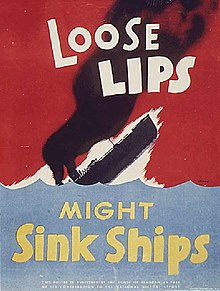
Reason #4: You had Loose Lips
Sometimes, your cooperative rival backstabs you because you granted that rival foreknowledge of your moves.
What a simple explanation, right? You’d think that because the mistake is so simple, players wouldn’t make the mistake so often! Well, as with all things Diplomacy, there is a difficult-to-perceive complication. The complication is that there are many situations in Diplomacy where you must tell your cooperative rival about your intended moves so that the two of you can coordinate your tactics.
A cooperative rival will not backstab you solely because you told that rival your precise tactical intentions. Cooperating rivals often honestly tell each other what all their moves will be on many turns, typically because a great way to further an alliance is to coordinate every single unit the allies possess. It’s not the foreknowledge alone that causes your rival to backstab you.
But on the right turn, under the right conditions, your rival knowing what all your moves will be gives them an enormous incentive to backstab you. What is that incentive? The knowledge that their backstab will succeed!
So how do you tell the difference?
Too Much of a Good Thing
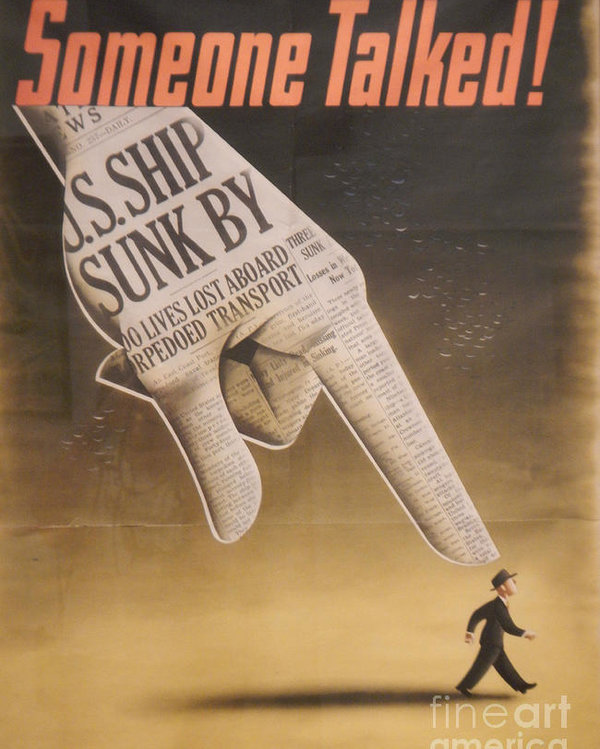
Let’s assume your alliance does not have any of the problems I identified in the first three parts of this series. You and your cooperative rival exchange chummy press. Your cooperation is genuine and has lasted a few turns. You have some units in position to defend yourself or retaliate if you are betrayed.
But the existence of those three things is not enough to completely secure you against a backstab. Why? Because your rival having complete knowledge of how all your pieces will move grants them the ability to perceive and exploit tactical gaps in your defense. The defensive units you leave behind (or can quickly turn around) will not be able to protect you if your now-hostile rival outmaneuvers those pieces.
Generally speaking, it is a good idea—necessary actually!—to coordinate your moves through your alliances. But there comes a point where you are sharing your moves for no strategic reason. Ask yourself: are you sharing for the sake of sharing? Is it simply your habit tell your “allies” what your moves will be?
This can go too far. Your cooperative rival is not your teammate. Oversharing incentivizes your rival to backstab you.
Shut Your ****** Mouth!
I have mentored many Diplomacy students over the years. Among the bad habits of novice players is the habit of telling a cooperative rival every move every turn—even when there is no tactical reason for that rival to have that foreknowledge (like lending a support order).
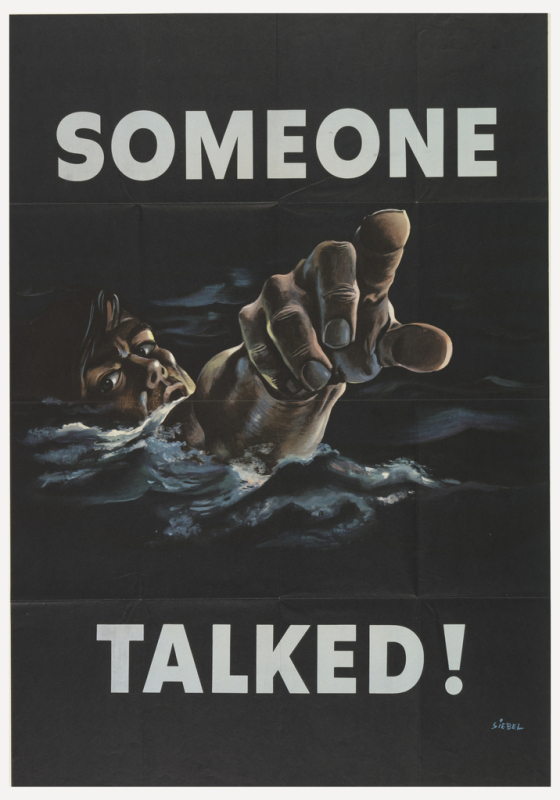
I use the word “habit” because that’s really what I think it is: a habit. There’s no strategic goal (or any other thinking) underlying this habit.
Many people are attracted to Press Diplomacy because they love to talk to others, and if you play a lot of Diplomacy then talking about Diplomacy is probably a favorite topic. However, most people out there in the world would rather not talk about Diplomacy at all. They definitely do not care about the particulars of your ongoing Diplomacy games.
By contrast, your rivals in a particular match are more interested in that match than any other humans on earth. So if you have an impulse to talk incessantly about yourself (or more specifically, your ideas/thoughts/intentions in a given Diplomacy match), you will find the “perfect” conversation partner: a rival.
Not every player has the time or attention to entertain so much conversation, but many do. And a canny player will bait you into talking more and more and more….after all, their effort can pay dividends in many ways[1]To learn more about how conversing with your rivals in a friendly way will give you advantages, read my article about the Political Layer of Diplomacy. But there is one crucial advantage your rival will gain over you, that one is the focus of this article: you tactical oversharing will eventually disclose the perfect tactical moment to backstab you.
Otto von Bismarck and the “Soft” Backstab
I am a fan of history in general—I even have a degree!—and in particular I am a fan of European history from the era when the game of Diplomacy is set. Understandably, Allan B. Calhamer‘s fascination with this era is said to be the inspiration for the game itself. I know many players who, like Your Bored Brother, were initially attracted to Diplomacy via their interest in European history.
What I’m getting at is: if you are reading this article and you haven’t learned about Otto von Bismarck, you’re really missing out on some crucial Diplomacy lore.
Okay. So.
Have you ever heard the idea that Bismarck pursued alliance with and the destruction of Austria at the same time?
Because I think you are likely to be some kind of history buff if you are reading this: ignore the historicity of this claim.[2]Who cares if this point is historically supportable…the point is that this is the kind of thing Bismarck might do. It’s just to stimulate your thought. This isn’t a history blog. Just pause for a moment to think about why such a diplomatic strategy would be wise, or how it might work. Think about it in terms of the game of Diplomacy.
Why would Germany seek alliance with Austria to Austria’s face, and then elsewhere try to keep Austria down?
Unless you’re really inexperienced, the incentive here is clear: For Germany to succeed, Germany probably needs Austria to never attack Germany. Ever. That need is fulfilled by a German alliance with Austria and by Austria getting harassed (or even conquered!) by other powers. And pursuit of both of these strategies is not mutually exclusive; Germany and Austria can agree not to attack each other, and meanwhile Germany interferes with Austria with indirect methods.
In other words, your cooperative rival, your “ally,” is probably not actually trying to help you win.
Shocking.

The “soft backstab” is not an advanced Diplomacy concept. This is a basic concept. Many players understand it, and so you are really naïve if you don’t suspect your cooperative rivals of working soft backstabs against you.
Simply put, a “soft backstab” is when your cooperative rival accurately informs you of their tactical intentions—perhaps in a vague way, perhaps specifying some or all of their moves precisely—and then you leak those tactical intentions so that your cooperative rival’s moves can be foiled. You might merely hint at what the orders will be, you might pass the leaked orders through an intermediary, or you might just flat-out tell what the orders will be. There are lots of clever tricks one can use to disguise one’s efforts at soft backstabbing. But the result is the same: your “ally’s” efforts are frustrated.
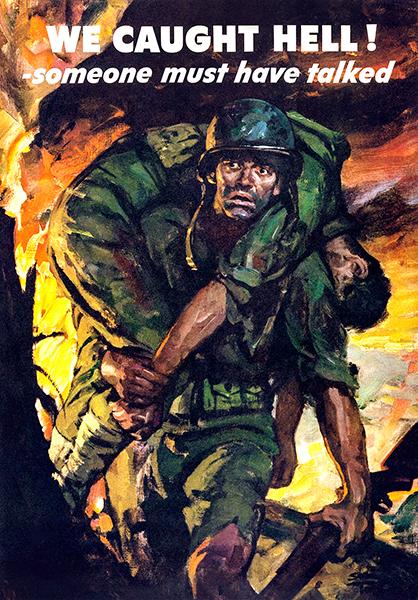
Your Bored Brother is here to tell you that I do this constantly. Yup. In pretty much all of my matches, I find little ways to scout out each player’s intentions. Then I make a decision about which players’ intentions I want to succeed, and which intentions I want to fail. Then I send out little messenger pigeons (so to speak) that give away the intended orders of the players I would like to fail so that those orders in fact fail when the moves are countered.
And as often as not, the player suffering from this the most is my so-called “ally.”
Example: ODC 2019 Round 2, Game 7 (Semi-Finals) (Aug 2019—Oct 2019)
In this tournament match, I played as Germany. France, Russia and I (Germany) cooperated with each other in 1901 to execute the famous “Sealion” opening, whereby the three allies destroy England as swiftly as possible.
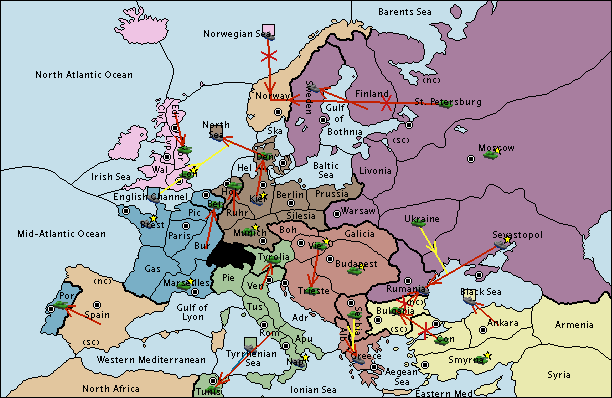
While I solicited (and obtained!) France’s “alliance” to bring down England together, I meanwhile used my charm and persuasive power to bring in Italy as my “ally” against France!
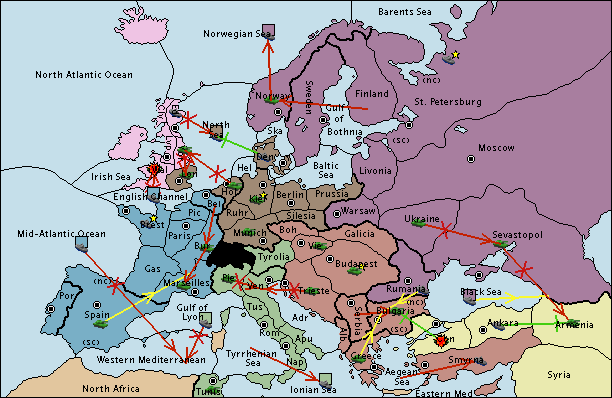
At the end of 1902, England was down for the count. France was dealing with a hostile Italy, and Russia was facing a questionable alliance situation with Austria. Speaking in political, tactical, and strategic terms, my options were wide open about whether to attack France or Russia. I had worked hard to earn the “alliance” of both France and Russia, so attacking either one would necessarily be a betrayal.
At the time, I was thinking that it would be more difficult to succeed in attacking France, so I was very seriously considering all-out attacking Russia. Not knowing France’s next moves increased the chances that any attack on France would fail. And if I failed to succeed against either France or Russia, I would probably wind up crushed between an expanding France and Russia down the road. I felt that I needed to attack one of them, and I was leaning towards Russia (being the tactically weaker of the two targets).
But somehow or other, France disclosed to me all their moves for Spring 1903. All. of. them.
So I simultaneously executed a standard backstab (attacking my ally while their guard is down) and a “soft backstab” by leaking everything to Italy so that Italy would make successful offensive moves against France as well.
France, who appeared oh-so-very strong, was subject of a devastating attack:
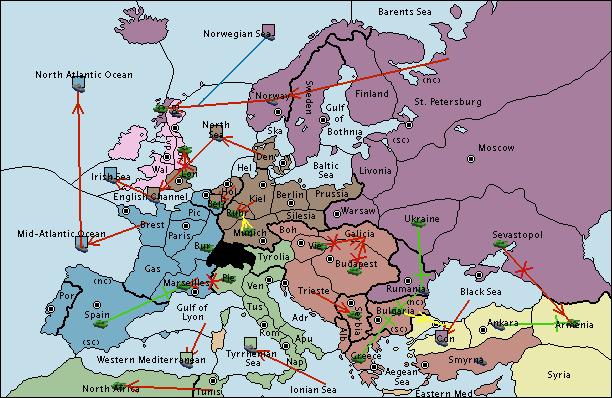
France was crushed by this perfectly-executed backstab, and by the end of just 1904 was in a completely unrecoverable position:
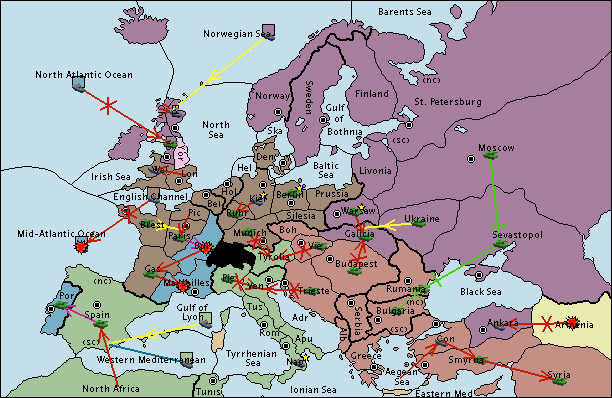
“BrotherBored, that’s nuts! Why did France tell you all their moves? Wasn’t this a high-level tournament match? And you said this is a rookie mistake!”
I worked my @$$ off to trick France into telling me their moves. The French player subsequently posted a message in global chat that ranks among my top 5 favorite trash-talking remarks I have received during or after a Diplomacy match:
I feel I should post a warning here, for those who might follow in my footsteps and place some sliver of trust in Germany.
teccles a.k.a. France
Germany and I shared a vision for the game which benefitted us both. We shared vast amounts of information, we coordinated on the board and in our diplomacy with third countries. We each took risks, and had our trust repayed. We planned for turns, for years, and for endgames. I am no novice, and I have rarely had such a convincing ally; and perhaps never been stabbed by one. Germany had two fairly equal routes for expansion here; and they have told me themselves that this was a narrow strategic decision. In the end, all the trust we had built was no more than a feather in those scales.
I have never met such an impressive liar. Do not trust Germany an inch. And if I can find a way to hurt their chances in this game, I will do it.
(For what it’s worth teccles, I think I can say that I betrayed you precisely because we shared so much information. In a conversation we had after the game, I got the impression you had already realized this on your own.)
I actually got France to start cooperating with me again within 2 years. Also, I came very close to solo winning. You can read more about this match in my post-game analysis.
Solution #1: Get Tactical Advice from Someone Outside the Match
Are you a blabbermouth player who chit-chats with cooperative rivals about your tactical musings? Think hard about this, because I have mentored quite a few players that did not realize they were doing this.
Your cooperative rival might be helping you figure out moves and stuff, but they’re not your advisor. They’re trying to win the match in their own way, and will definitely take advantage of you if you let them. Beware of experienced rivals offering to coach you in the middle of the match; they will, indeed, give great tactical advice…but they have an ulterior motive. Your rival might wind up schooling you in a different sense of the word.
Instead, get a friend from outside the match to help you. There are some incredible Diplomacy players (such as me, Your Bored Brother!) who will happily coach you during your matches. Experienced mentors will give you great tactical advice![3]I strongly encourage you to get a mentor to agree to coach you before your match starts. It’s fairly easy to monitor a specific match and give turn-by-turn help. By contrast, it’s very, very difficult to give thoughtful advice after a match has been going on for 20 turns and has 10,000 … Continue reading

By the way, you can subscribe to get updates from my blog!
Solution #2: Give Information to Rivals on a “Need to Know” Basis
This sounds so simple, but apparently this is a hard habit for some players to develop: don’t tell another player what any of your moves will be unless there is a compelling reason for doing so.
That’s it. Presume that players don’t need to know, and don’t tell them until you are presented with their need to know—even if you are cooperating with that player as your “ally!”
You can explicitly say you aren’t going to give away your moves.
A reasonable ally should, at times, accept a message like “I’m going to attack so-and-so. I don’t need your help, so I won’t be disclosing my exact moves. Let me know if there’s anything else we need to discuss.”
Also, you can disclose some of your moves (like a particular support order they need to know about) but not all of them. This also shouldn’t be hard to justify to other players. Heck…just link them to this very article if they are giving you a hard time.
You can describe 2-3 moves you might do that your ally will like, but not specify which.

A slightly more advanced version of this technique is to describe several friendly move possibilities to your rival, and promise that you’re going to do one of them—but won’t be specifying exactly which move(s). If your cooperative rival isn’t planning to backstab you, they should be comfortable with an explanation like that. In many situations, your exact move choices shouldn’t make a difference to them unless they are backstabbing—so why tell them the details?
And if they keep pressuring you to disclose your moves for no apparent reason…is your backstab spider-sense tingling?
You can deter backstabs by unpredictably moving around your defensive reserve units.
If you are following my advice from Part 3 of this series, then you have one or more units in position as a defensive reserve. In this entry, let me take that advice one step further: keep moving around those defensive units. Move back and forth between two or three positions. Self-bounce two units off of each other. And so on. You can give a warning to your ally that you will do moves like this (so as not to scare them) without specifying the particulars.
The point here is to create a sense in your cooperative rival that your pieces’ movements are not 100% predictable (and thus not 100% exploitable). Your defenses are hardly a deterrent if your cooperative rival can see a path to walk right past them. But if your rival is uncertain about what your pieces’ movements will be, they will be uncomfortable backstabbing you.
Backstabbing an ally is a major risk with all sorts of consequences, and a failed backstab is one of the worst moves a player can make in Diplomacy. So if your rival isn’t sure if the backstab will work, the difficult risk/reward analysis might tilt their thinking against backstabbing you.
Solution #3: Manipulate Your Rivals by Un-truthfully Disclosing Your Moves
Now this is an advanced technique, but I think it is quite helpful in understanding the topic at hand. Here goes:
Tell your “ally” about all your moves in advance, turn after turn. Except this time, you are impersonating a blabbermouth player. Make it seem like you just love talking about all your moves, and that you think having a detailed discussion about everything each of you is doing is just part of the fun of playing an alliance. You love Diplomacy! You love talking! You love alliance play!
Then on the turn you decide to backstab your rival, “disclose” a falsified version of what all your moves will be so as to mislead your “ally.” If they believe you, then they may either (1) truthfully disclose to you all their moves or (2) play very predictably because they are taking into account what you said your moves would be. Either way, the effectiveness of your backstab will be enhanced.
And if you are really advanced at Diplomacy: you can honestly disclose your moves for many turns, waiting for your cooperative rival to disclose a move set to you that you can exploit—and then opportunistically backstab them! (A personal favorite technique)
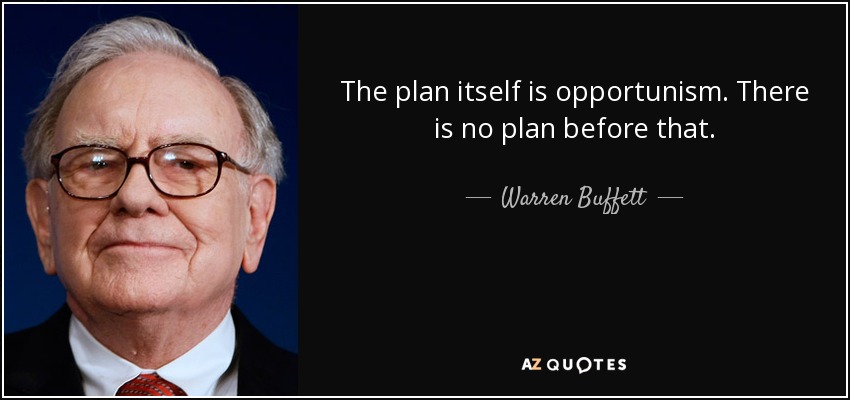
Watch out…your cooperative rival might be a wise Diplomacy player.
The difference between this technique and the bad habit of Loose Lips is that, here, the frequent disclosure of information to a cooperative rival is a short-term risk (they can backstab you, soft or hard) taken for a long-term strategic gain (they are duped into thinking you are a blabbermouth).
This series isn’t over yet…
So, you realize the folly of playing Diplomacy with Loose Lips. You won’t make that mistake again!
And you’re already following my other advice: your play style is friendly and cautious, and you try to maintain a minimal defense at all times.
But somehow…something tells you that you can still get backstabbed even if you follow all of these precautions. You just know that your cooperative rivals might backstab you, even if you don’t leak information that makes your defenses easy to overcome.
Worry not, dear reader! There is yet one more entry to come in this series. In my final entry, I will discuss the single-most-compelling reason for why you got backstabbed—a reason so all-encompassing that I think I could fairly say that each of the preceding four reasons are really just special cases of this one over-arching reason. I will explain why this is, and what you can do to overcome the danger!
Footnotes
| ↑1 | To learn more about how conversing with your rivals in a friendly way will give you advantages, read my article about the Political Layer of Diplomacy. |
|---|---|
| ↑2 | Who cares if this point is historically supportable…the point is that this is the kind of thing Bismarck might do. It’s just to stimulate your thought. This isn’t a history blog. |
| ↑3 | I strongly encourage you to get a mentor to agree to coach you before your match starts. It’s fairly easy to monitor a specific match and give turn-by-turn help. By contrast, it’s very, very difficult to give thoughtful advice after a match has been going on for 20 turns and has 10,000 words of press exchanged between the players. Be respectful of a mentor’s time and attention! |

Please don’t read and learn from this post, or I’ll never win another game.
This article gives away all my tricks for beating anyone I judge as less than top tier (that’s most of you reading this; if you’re not 100% sure you’re top tier, then you aren’t). I give very candid and correct and helpful tactical advice to everyone on the board. I tell them as many of my moves as they need to know and explain how our tactics play well together, and how our diplomatic efforts will support the moves. I use this to get them (read: EVERY player on the board) to tell me intel, and the diplomatic lay of the board. NOBODY but me gets ahead, because all the tactics I suggest are designed to frustrate each other, and make them upset with each other (so they don’t blame me). Then I decide whom I want to stab.
There have been times where I knew every move on the board in spring and fall 1903. It’s hard to lose when this is the situation.
There have been times I’ve successfully backstabbed TWO cooperative rivals in one turn (both were totally eliminated 3 turns later) by knowing exactly what they were doing.
Any chance we can see #5 before I start my first press game this week? 😉
JK, loving this content! Happy I found this site.
Hi! I love this article series and I hope I can see it a close. This series has helped me as a player, and I hope that you finish out the series! I think I can figure out what the fifth entry of the series is: strategic reasons. What I mean is your ally stabbed you because they did want to work with you, and they are trying for a solo/board top and you are in the way of that, so they stab you without giving and of your orders away. I hope you can work on it, there was one particular game that had Umble the Heep as Turkey and his ally as Italy, and Umble figured out that Italy was going to stab him because he refused to let Russia live, so he took some centers from him and explained the situation, and they continued the game and Umble board topped. This is a good example of how to prevent being stabbed in my opinion and maybe it could go into your article. Hey, maybe you could do a guest post and Umble could talk about this portion, and it could be featured in the Briefing, so he would finish off your series.I don’t know what is delaying this last article maybe you can’t put the thoughts together to make the article or you don’t think it is a good enough read or you are not sure what the final reason you got stabbed was, but I want it to be as polished as possible and I don’t want a rush job, so I want you to take as much time as you need, and I am always happy to try to help you finish it if you need any help. I am honestly trying to help you so you can finish this because I am so excited for it. I hope you can get around to this and that this doesn’t remain unfinished for awhile. I love your work and it inspires me as a writer and a diplomacy player. I hope to see more of your amazing content soon.
Thanks for the positive feedback Ethan, I really appreciate it! Especially for something I wrote a while ago, it’s really great to hear that someone is still reading it and getting something out it.
Your guesses about why I haven’t finished the series are on point. I have a draft of Part 5 that I’ve been sitting on since I originally published the series. Then I got focused on other BrotherBored projects, and haven’t set aside the time to polish it. It’s definitely been more than 6 months since I worked on it. But, maybe based on your comment, I’ll update my to-do list and bump that up!
I appreciate your kind words! And hey, consider sponsoring the site on Patreon! I put up polls for fans to vote on the next article; you seem like you might get a kick out of that.
Also, you have the right idea about what the final topic may be! I know exactly what I want to say, and you see where I’m going with the series. I just want to offer a good explanation and concrete advice.
Yeah I can understand why you want to offer a good explanation and good advice, and yeah if you have trouble that is why I suggested maybe it could be a guest post, but I also understand if you don’t want to take that route. Honestly I mainly suggest Umble the Heep because I think he might be able to articulate exactly what you want to say, and say exactly what he did to deal with this problem, and then went on to board top, so I think he would be a good choice to talk about this, and he can probably also talk about this perspective from the person using the knife, but I do recognize that you do have a lot of experience as well, so you would have things to say about this topic. I don’t really think you want to have Umble as a guest though since you said you know what you want to say, and that is fine I am excited to see it either way. I leave your decision on this matter in you hands.
Your welcome. I am happy to encourage you and am glad this had an impact on your article schedule, and I am hoping to see it completed. I would love to be a patron of yours, but I am just a high schooler who doesn’t have any way to pay you, but I would if I could. Thanks for replying your work is excellent, I hope to see more of this grade of writing from you!
Yeah sorry that final comment didn’t come through for a bit. Yeah I can understand. Well yeah that makes sense, and whenever you are ready to publish it I will be excited to see a good close to this series. I can understand if you already a vision of how you want it to end, and I hope it will go out with a bang and not a crackle, so take all the time you need to complete it!